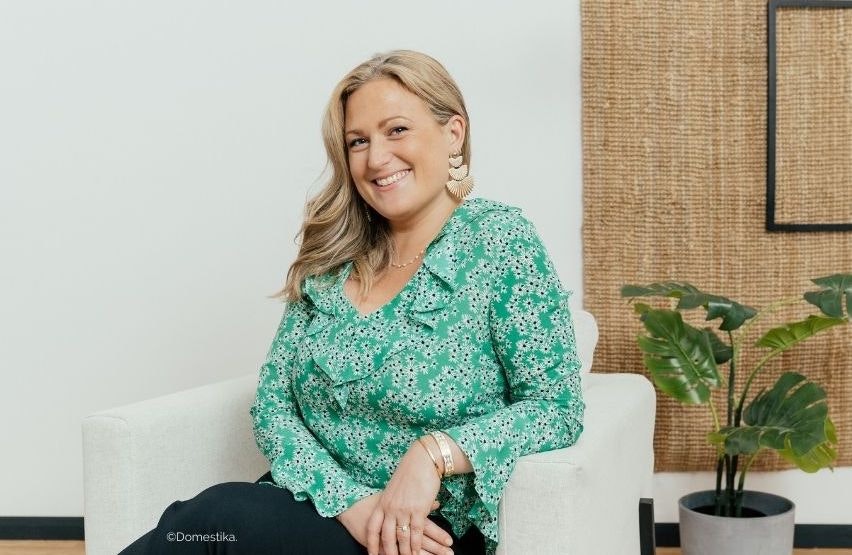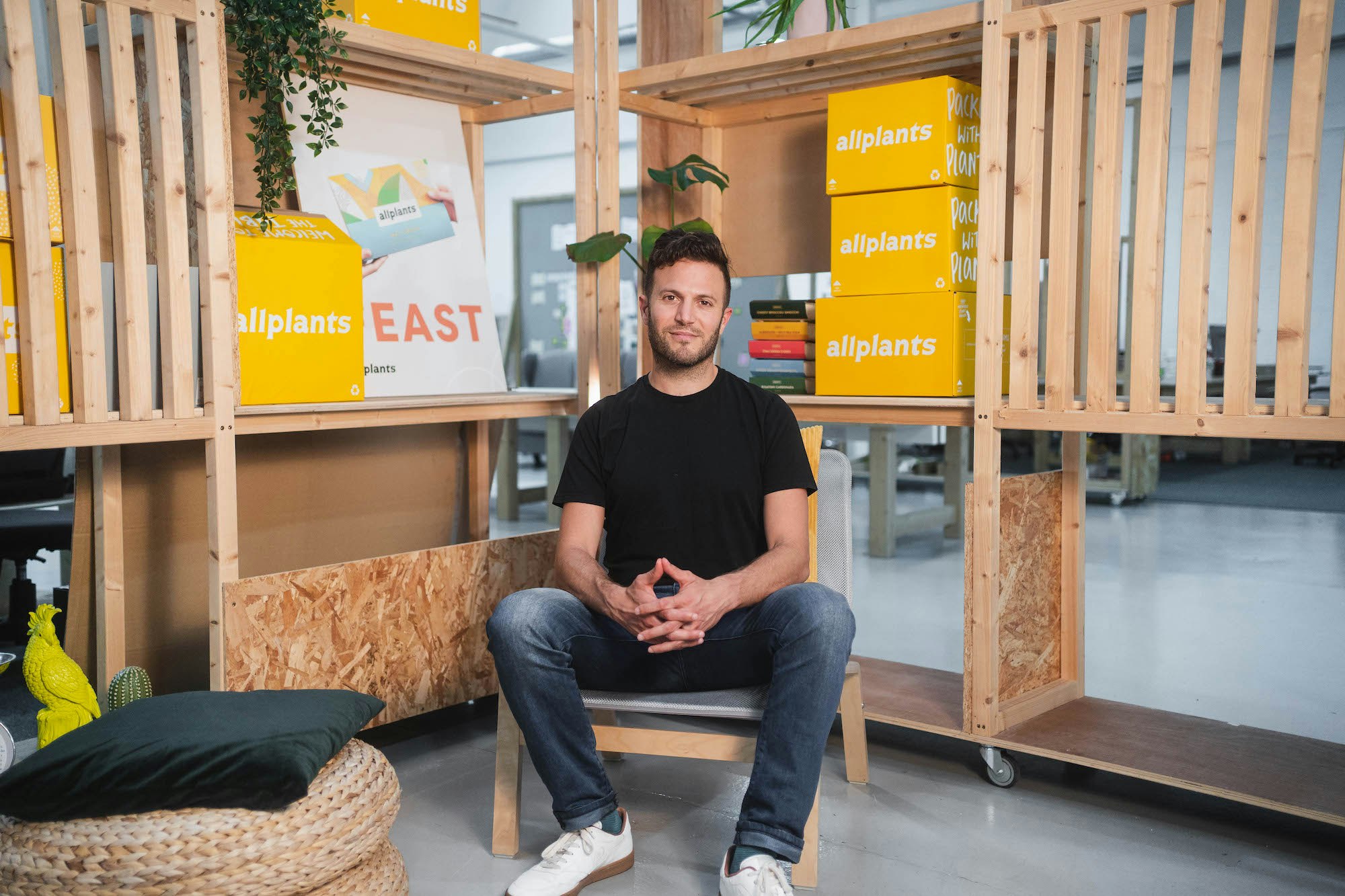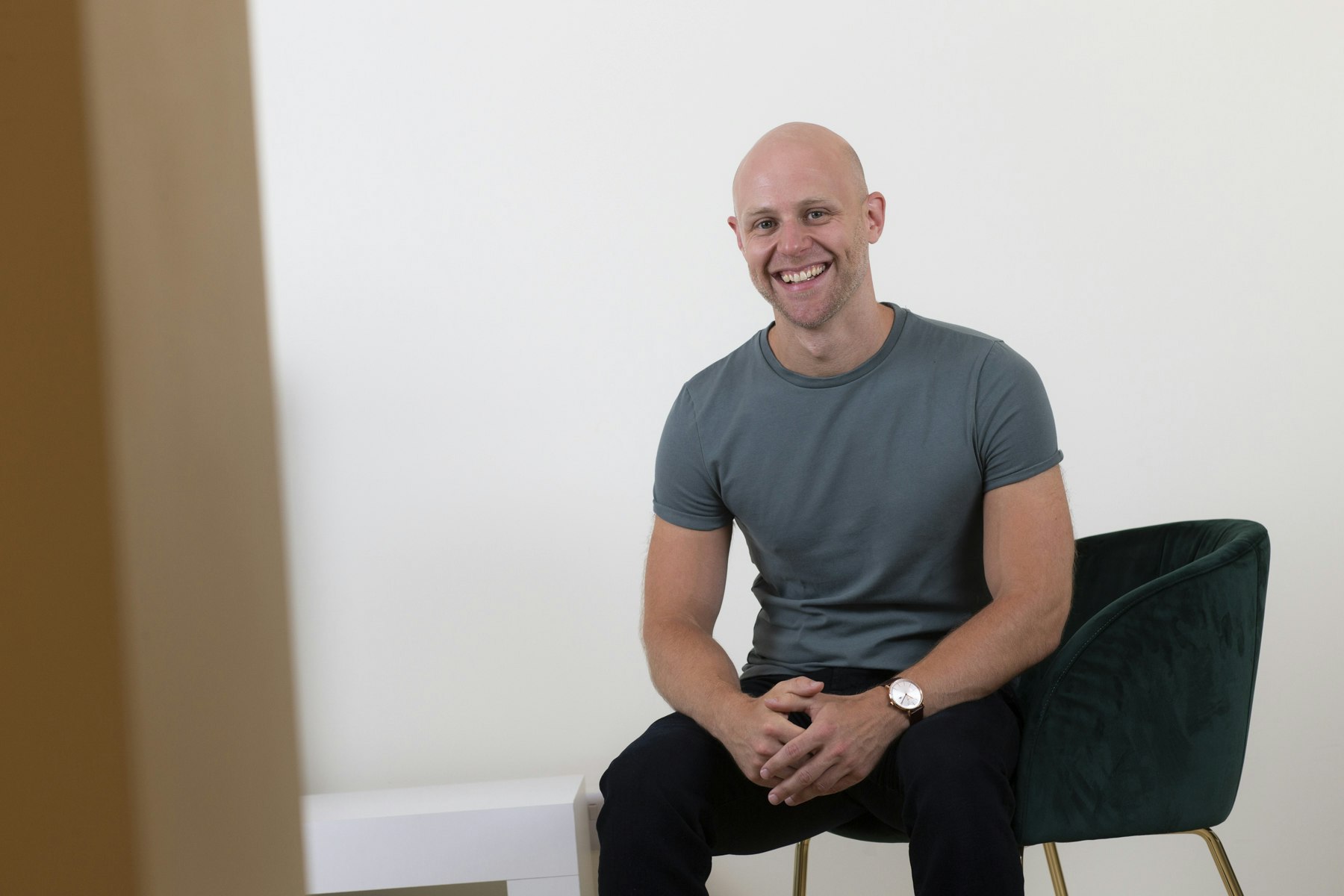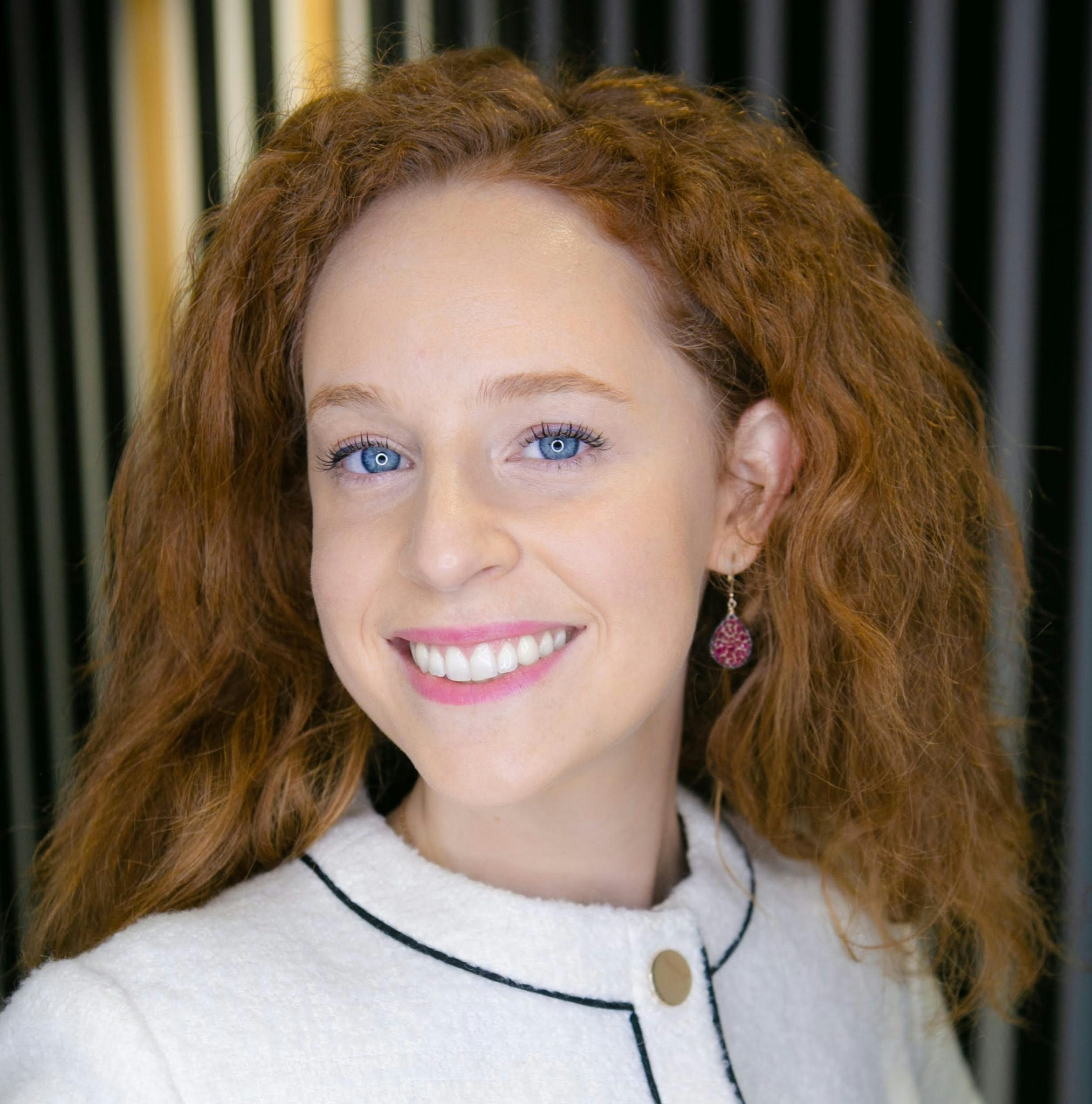If you want to know what it really feels like to run a startup, there are a handful of people you need to speak to — and they’re not founders. They’re the founders’ coaches.
They hear it all — cofounder skirmishes, nightmare investors, even founder fetishes — although they rarely name names.
And the reason they get to know so much?
“Founders have literally no-one to talk to,” says Julius Bachmann, a Berlin-based coach who works with dozens of startup founders at any one time.
Founders have literally no-one to talk to.
“They sit in the centre of an organisation they have built themselves, and every stakeholder around them has a specific interest. Their investors, employees and cofounders are all in the same tunnel and have their own problems. Founders’ life partners have their own lives — and want to be listened to as well. And the founders’ families… they gave up trying to understand what they’re actually doing 10 years ago.”
“I think the job of being a founder is exceptionally lonely,” says Ben Stephenson, founder of travel tech startup Impala. “And the job of being a CEO founder is an order of magnitude more lonely. You need to be quite far removed from the people you spend a lot of time with. You have an inability to befriend colleagues in a really close way, because you might have to fire them at some point… Your cofounder can't help, your investors can't help, your wife or husband can’t help.”
But coaches, often, can.

The coaching phenomenon
Coaching has been a thing in Silicon Valley for some time and is now “quite trendy” in Europe too, says Gillian Davis, a UK-based coach who’s worked with startups like WeTransfer, MessageBird, Spotify and Typeform. “It’s the latest sleeveless vest to have a coach.”
But that’s not to say it’s a frivolous pastime — it might be what’s holding some founders together during their trickiest moments.
“When a founder reaches out to a coach, it’s almost always [the same story],” says Dave Bailey, a UK-based coach who’s worked with hundreds of founders. “It’s basically, ‘My life is out of balance, I haven't been sleeping well, I don't have friends any more, I don't do exercise, I’m worried about my health and feeling pretty blue’.”
There have been times where I’ve been at the limit — and the person I would typically call in those circumstances is my coach.
When Christina Richardson, a founder and entrepreneur coach, surveyed hundreds of founders about their mental health back in 2019, she said “every single person used the word lonely". The study also found that 77% of founders felt that running a business had affected their mental health. Little has changed since.
“There have been times where I’ve been at the limit — and the person I would typically call in those circumstances is my coach,” says Stephenson. “Speaking to someone that has a really deep understanding of your role helps to bring back the fact that it’s just work. It helps to contextualise the overwhelming shit of the decision you have to make or the thing that’s happened.”

On the coaching agenda
Absolute shitstorms and near breakdowns aren’t the only things on the agenda in a coaching session, however.
“Mode one is calming the system down,” says Bachmann. “I have solo founders that work with me every week, and 45 minutes of that hour is, ‘Everything is flying at me and I don’t know what is important’.”
That mode is fairly familiar to Jonathan Petrides, cofounder and CEO of vegan ready-made meals startup Allplants, which announced a $52m funding round this week. “Many times I’ve arrived at a coaching session with literally hundreds of priorities, I’m forced to create synthesis by sharing what’s going on, by being asked thoughtful questions,” says Petrides.
“Asking open questions and active listening” are signs of a good coach, says Stephenson, while “really good coaches are also willing to challenge you and give you a sense of their own understanding.”
“You want someone who’s like, ‘Sounds like you want to do this thing, but you’re maybe a bit scared. Just do this thing’,” Stephenson adds.
Mode two, says Bachmann, is “helping [founders] along with a very specific transition” — like moving from one stage of growth to another. “Especially at the Series A phase where their role has to change drastically, every session is about trying to get them to let go of more,” says Davis. “It’s all about prioritisation.”

People problems
More than anything else though, coaching sessions are for talking about "people problems".
“Once you’re scaling, all problems come back to some relationship and people issues,” says Bailey: cofounder challenges, leadership issues and management troubles are extremely common.
Once you’re scaling, all problems come back to some relationship and people issues.
“Misalignment in terms of commitment is a big topic,” says Bachmann. “I’m observing a lot of discussions with teams right now, where they’re saying, ‘It’s not about the additional two hours you put in. It’s the fact that I don’t have the feeling you’re with me, like I can rely on you’.”
Coaches can help founders work through difficult conversations they might otherwise put off — or fluff.
“There are moments when you have to have challenging conversations with members of the board, investors or your team,” says Petrides. “It’s worth preparing well — role play it, talk through all the things I’m trying to unpick and understand and figure out how to land that conversation in a way that will have the outcome that is needed.”
In these situations, the coach’s role is to get the founder to a place where they actually take action. “It’s about getting whoever I’m working with into a position where they’re able to do the brave thing,” says Bailey — and following up if they don’t do it.

“At the end of sessions [you make] commitments,” says Mikela Druckman, cofounder and CEO of greentech startup Greyparrot. “That’s a very important part. You commit to certain actions — and it’s the first thing you check in the next session. Things that slip through the cracks, like reflecting on this, having this difficult conversation... typically the thing that’s very important but you put away because of a million other things. [Your coach is] somebody to hold you accountable.”
Coaches can also help founders unravel why a relationship has gone downhill. “We often tell ourselves stories, like ‘my cofounder is a psychopath’ — and then you peel it back, and it turns out they actually used the wrong word in a meeting or sent a Slack message at the wrong time of day,” says Bailey.
Very often their life equals the company. And the company equals their life.
Gaining that sense of perspective is useful for founders who can be entirely absorbed by the business. “Very often their life equals the company. And the company equals their life,” says Bachmann. “They get so massively annoyed at even the tiniest things that don’t work in the company, like a junior employee not performing a small task — [because] they take it as a personal offence.
“I try to work out with them what role the company fulfils, to show that their life is bigger than just the company.”

Personal development
Beyond tackling the day-to-day challenges of startup life and untangling an existential crisis, most founders working with coaches also want a dose of personal development.
“When people reach out to me, the most common thing they say is, ‘I want to be a better CEO or I want to be a better leader’,” says Bailey, who thinks it’s strange that a lot more focus isn’t placed on developing founders into leaders.
“When you’re playing the role of CEO, no-one is giving you feedback. No one is managing me — and not having that could be a real hindrance,” says Petrides. Investors might try — “but some part of the founder mindset will always reject that,” Bailey says.
“A coach is like that teacher at your school who taught you a few years ago but still checks in on you… It’s so different from the relationship you have with everyone on your board. They are part of making decisions in the business — and their advice is geared towards that,” adds Petrides.
Despite the benefits, many founders are unsure if the cost of getting a coach is justified — or at least in the early days.
When Druckman first thought about getting a coach, she says it seemed like “a luxury”. Her company was at the seed stage, and she wasn’t sure how it would look to investors.
One of the concerns I had was whether this was going to be viewed as a frivolous expense by investors. Will it be value for money?
Stephenson felt the same way before he first worked with a coach: “One of the concerns I had was whether this was going to be viewed as a frivolous expense by investors. Will it be value for money?”
Both now think it absolutely is worth it.
“All your micro-interactions have such a big influence — you being your best self impacts the entire team,” says Druckman. “Investing in myself is actually equal to investing in the company, because the way I am has a huge influence [on everyone else].”
"The health and breakout success of a startup can be unlocked or blocked by the health of its CEO and entire team, and no matter how good you are at your job, everyone can be better with a coach,” says Petrides.
Bailey agrees. “I’ve never run the numbers, but if I were a venture fund and my clients were my portfolio I would be doing extremely well. I don’t think it’s a causation thing — I think it’s highly correlated. CEOs who are relentless about doing whatever it takes to grow work with a coach because they really want help.”


